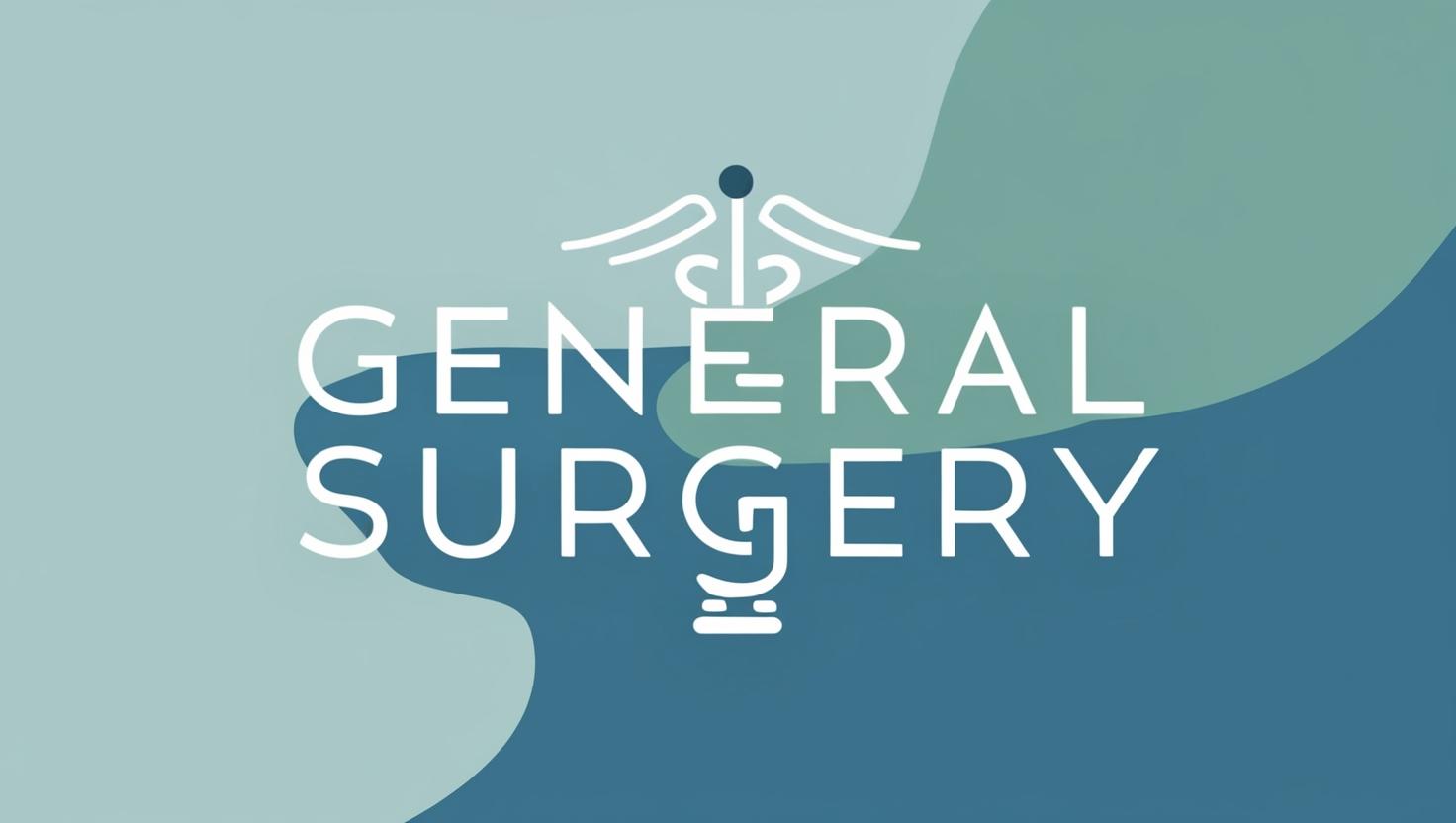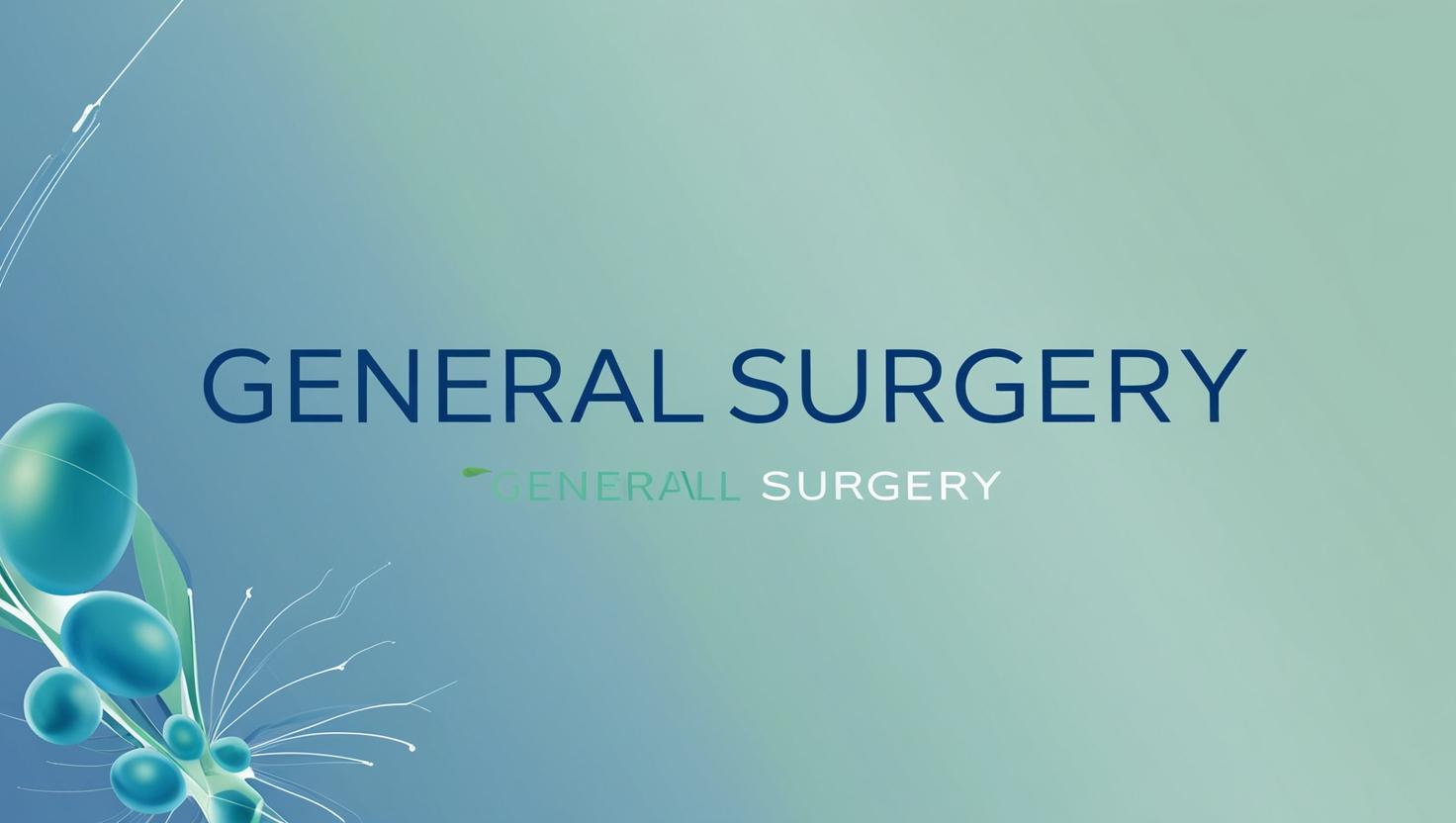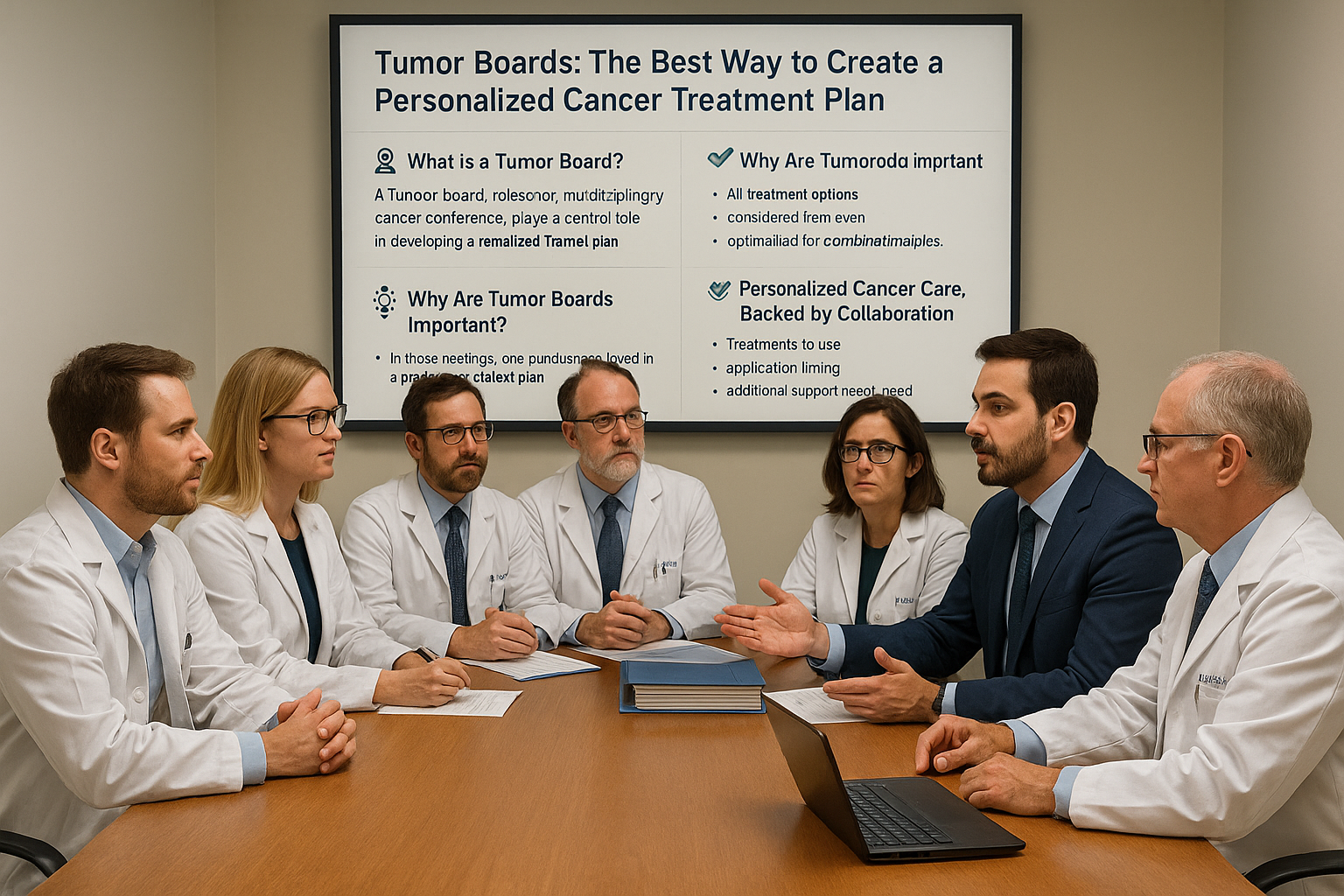Gastric Cancer Treatment: A Comprehensive Guide for Health Tourism
Welcome to our advanced gastric cancer treatment program, where we provide world-class care in a state-of-the-art medical facility. Our expert team is committed to helping you navigate the complexities of gastric cancer diagnosis, treatment, and recovery with personalized care and cutting-edge technology. Whether you are seeking early diagnosis, surgical treatment, or comprehensive follow-up, we are here to guide you every step of the way.
What is Gastric Cancer?
Gastric cancer, also known as stomach cancer, refers to malignant growths that occur in the tissues of the stomach. It is one of the leading causes of cancer-related deaths worldwide. Early detection and treatment are critical to improving survival rates and quality of life. Surgery remains the cornerstone of treatment, and with the advancement of modern technology, we now offer minimally invasive approaches like robotic-assisted surgery to enhance outcomes and reduce recovery time.
Treatment Options for Gastric Cancer
The primary treatment for gastric cancer is surgery, aimed at removing the cancerous tissue and improving the patient’s quality of life. Depending on the stage and location of the cancer, the following surgical options may be recommended:
-
Subtotal (Partial) Gastrectomy+D2 Lymph Node Dissection
In this procedure, the portion of the stomach containing the tumor is removed. The remaining stomach is then reconnected to the intestines. -
Total Gastrectomy+D2 Lymph Node Dissection
The entire stomach may be removed. The remaining parts of the digestive tract are then reconnected to maintain gastrointestinal function. This surgery is typically recommended for more extensive cancer. -
Cytoreductive Surgery
Cytoreductive surgery is a treatment method commonly used for cancers involving the peritoneum. Its primary aim is to surgically remove as much tumor tissue as possible. This procedure is often combined with heated intraperitoneal chemotherapy (HIPEC), where a heated chemotherapy solution is administered into the abdominal cavity to eliminate residual microscopic cancer cells after surgery
-
Palliative Surgery
In cases where the cancer cannot be completely removed, palliative surgery may be performed to relieve symptoms and improve the patient’s comfort.
Neoadjuvant and Adjuvant Chemotherapy
In addition to surgery, chemotherapy plays a critical role in the management of gastric cancer. Chemotherapy may be recommended as part of a neoadjuvant or adjuvant treatment plan to enhance the overall success of treatment.
Neoadjuvant Chemotherapy
Neoadjuvant chemotherapy refers to chemotherapy given before surgery. The goal of this treatment is to shrink the tumor, making it easier to remove during surgery and reducing the risk of cancer recurrence and metastasis. Neoadjuvant chemotherapy can improve the chances of successful surgery and is typically recommended for patients with locally advanced gastric cancer.
-
Assessment for Neoadjuvant Chemotherapy:
Our oncologists will evaluate the stage and location of the cancer to determine if neoadjuvant chemotherapy is appropriate. Imaging studies such as CT scans, PET scans, and endoscopic ultrasound will help to assess tumor size and spread. -
Chemotherapy Protocol:
We will design a personalized chemotherapy plan using modern, effective drugs to target cancer cells. Treatment typically involves a combination of chemotherapy drugs administered over several weeks.
Adjuvant Chemotherapy
Adjuvant chemotherapy is administered after surgery to eliminate any remaining cancer cells that may have been in the circulation. This approach helps reduce the risk of cancer recurrence and improves survival rates, particularly in cases where cancer has spread to nearby lymph nodes or other tissues.
-
Assessment for Adjuvant Chemotherapy:
After surgery, our oncologists will assess the patient’s recovery, pathology reports, and cancer staging. If there is a risk of cancer recurrence, adjuvant chemotherapy will be recommended to reduce this risk. -
Chemotherapy Protocol:
Adjuvant chemotherapy is typically a combination of drugs that target remaining cancer cells. The treatment plan will be tailored to the patient’s specific needs and can be administered through intravenous infusion or oral medications, depending on the drugs selected.
Robotic Gastric Cancer Surgery
We offer robotic surgery for gastric cancer, providing a minimally invasive approach that results in many benefits over traditional surgery. This technique uses advanced robotic technology to perform the surgery with enhanced precision and control. The benefits of robotic-assisted surgery include:
-
Minimally Invasive Surgery: Robotic surgery involves smaller incisions compared to traditional open surgery, resulting in less pain, reduced scarring, and faster recovery.
-
Precision and Accuracy: The robotic system allows surgeons to perform complex procedures with extreme precision, improving the accuracy of tumor removal and reducing the risk of complications.
-
Enhanced Visualization: Surgeons have access to high-definition, 3D views of the surgical site, which enhances decision-making and surgical accuracy.
-
Faster Recovery: With smaller incisions and less trauma to the body, patients experience shorter hospital stays and quicker return to daily activities.
-
Reduced Risk of Infection: Smaller incisions mean a lower chance of post-operative infections, leading to a more efficient recovery.
Pre-Operative Consultation and Assessment
Before undergoing gastric cancer surgery, a comprehensive pre-operative evaluation is performed to ensure that you are physically and mentally prepared for the procedure. Our pre-operative consultations include the following:
-
Anaesthesiology Evaluation
-
Psychological Support
Gastric cancer surgery can be physically and emotionally demanding. We provide psychological counseling to help you manage stress, anxiety, and depression related to your diagnosis and surgery. This support ensures that you are mentally prepared for surgery and the recovery process. -
Nutritional Consultation
Proper nutrition is crucial before and after surgery. Our dietitians will evaluate your nutritional status, provide guidance on dietary changes before surgery if needed, and help develop a post-operative nutrition plan to support healing and long-term health.
Why Choose Our Center for Gastric Cancer Treatment?
-
World-Class Expertise
Our medical team consists of renowned experts in gastric cancer treatment, including experienced surgeons, oncologists, and specialists in robotic surgery. We follow evidence-based practices to ensure the best possible outcomes for our patients. -
State-of-the-Art Facilities
Our hospital is equipped with cutting-edge technology, including the latest robotic systems, to ensure that your surgery is performed with the highest level of precision and safety. -
Personalized Care
We understand that every patient’s needs are unique. Our team works closely with you to create a customized treatment plan that takes into account your individual diagnosis, medical history, and goals for treatment. -
Comprehensive Support
From the initial consultation to post-surgery rehabilitation, we offer full support to ensure that you have the best possible experience. This includes psychological counseling, nutritional guidance, and ongoing follow-up care.
Step-by-step Treatment Journey
- Patients traveling to our country for treatment are admitted to the hospital one day prior to surgery. Detailed information regarding preoperative and postoperative planning is provided by the attending physician and clinical nursing staff.
- Gastric cancer surgery is performed using robotic-assisted techniques, which significantly reduce the need for intensive care postoperatively and enable patients to resume their daily activities more swiftly.
- Patients are typically able to mobilize and regain physical function within a very short period (either the same day or the following day). On the 3rd or 4th postoperative day, a contrast study is performed, and if findings are normal, a liquid diet is initiated.
- The average hospital stay is 5-7 days, after which, following a further 7-day stay at a hotel arranged by our health tourism agency, patients who have no issues during their follow-up examination are able to return to their home countries by air.
- For patients with additional health conditions (such as cardiovascular disease, chronic pulmonary conditions, diabetes mellitus, or renal disorders), the need for intensive care may extend the hospital stay.
- Pathology results are typically finalized within one week. Patients are also informed about any additional treatments that may be required, such as chemotherapy, immunotherapy, or targeted therapies.
Post-Operative Care & Follow-Up
Our commitment to your health extends beyond the surgery. Effective post-operative care and follow-up are critical to ensuring a successful recovery and preventing complications.
-
Rehabilitation and Support
After surgery, you will receive personalized rehabilitation support, including guidance on diet, exercise, and emotional well-being. Our goal is to help you adjust to life after surgery and ensure that you achieve the best possible outcomes. -
Regular Follow-Up Appointments
Follow-up appointments are essential for monitoring your recovery, tracking the progress of your health, and addressing any potential complications. For the first year, follow-up visits are scheduled every 3 months. After the first year, annual check-ups will be arranged to ensure long-term health and prevent recurrence. -
Virtual Consultations
As part of our health tourism services, we offer virtual consultations via video call, ensuring that you can stay in touch with our medical team from home. This ensures that you continue to receive support and care after you return to your home country. -
Long-Term Monitoring
Our long-term follow-up program ensures that patients are monitored regularly for up to 5 years after surgery. This includes periodic assessments of your weight, nutritional health, and any signs of cancer recurrence. We provide ongoing guidance to maintain your health and prevent complications.
Why Choose Health Tourism for Gastric Cancer Treatment?
-
Cost-Effective Solutions
Our health tourism services offer high-quality treatment at a fraction of the cost of gastric cancer surgery in many other countries, providing an affordable option without compromising on care. -
Access to Leading Specialists
Our medical team consists of world-renowned experts in gastric cancer surgery, robotic surgery, and oncology. You will benefit from the latest techniques and technology to ensure a successful treatment outcome. -
Comprehensive Service Packages
We offer all-inclusive packages that cover medical treatment, accommodation, transportation, and aftercare. This ensures a seamless experience from arrival to recovery, allowing you to focus on your health. -
Ideal Recovery Environment
After surgery, you can recover in a serene and luxurious environment, providing a peaceful and relaxing atmosphere that promotes healing and well-being.
Get Started Today
If you are considering gastric cancer treatment or surgery abroad, we invite you to schedule a consultation with our expert team. Our specialists will guide you through every step of the process, ensuring a safe, effective, and life-changing experience.
We look forward to partnering with you in your journey toward health and recovery.




